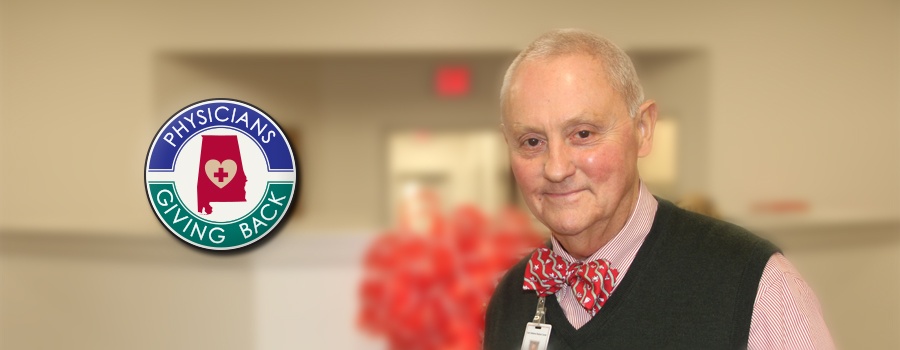Tag: pediatric
-

Association Secures Significant Changes to Midwife Board Rule
The Medical Association and a coalition of health organizations this week convinced a legislative committee with oversight of state board regulations to make changes to a dangerous proposed regulation by the newly-formed Alabama State Board of Midwifery. The Midwifery Board was established by law in 2017 to license non-nurse midwives. The proposed regulation – if…
-

The Many Hats of Richard Freeman, M.D.
OPELIKA — Dr. Richard Freeman’s office at Pediatric Associates of Auburn (which includes Drs. Ellen Royal, Rian Anglin and Katie Wolter) overlooks beautiful woods where wild turkeys have been known to roam. Inside his office are keepsakes of his past from photos of his time in the U.S. Navy to an identical propeller from a…